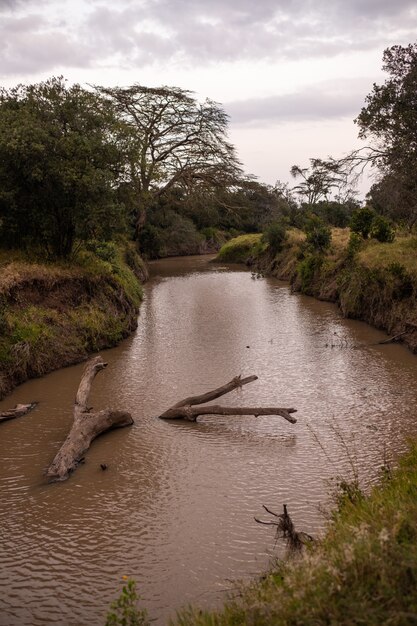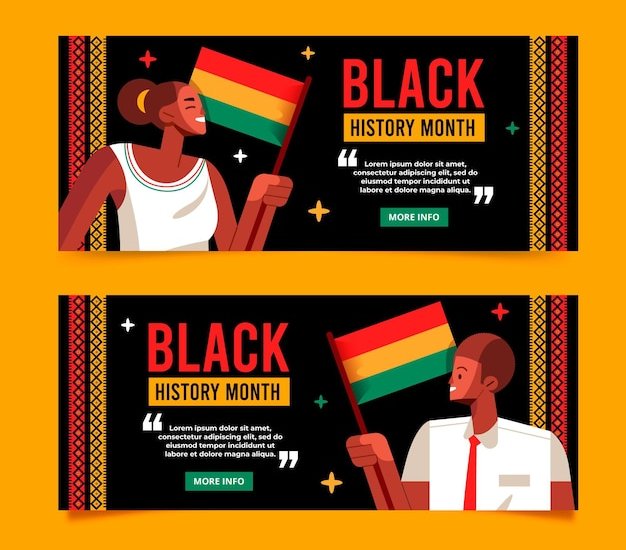10 Interesting Facts About the Congo River

The Congo River is the second longest river in Africa, spanning over 4,700 kilometers.
The river is deeply intertwined with the history and culture of the Democratic Republic of the Congo.
The Congo River flows through multiple countries, including the DRC, Republic of Congo, Angola, Zambia, Tanzania, and Cameroon.
The Congo Basin, through which the river flows, is home to the second-largest rainforest in the world.
The river is known for its immense biodiversity, with countless plant and animal species.
The Congo River is a lifeline for millions of people who rely on its waters for drinking, fishing, and transportation.
The river played a significant role during the colonial era as a major transportation route for Europeans.
Many famous explorers, such as Henry Morton Stanley, travelled along the Congo River during their expeditions.
The Congo River is notorious for its powerful currents and rapids, making navigation challenging.
The river has various nicknames, such as the Heart of Darkness due to its association with Joseph Conrad’s novel.
The Congo River is home to numerous waterfalls, including the famous Inga Falls.
The river discharges an average of 42,000 cubic meters of water per second into the Atlantic Ocean.
The Congo River basin covers an area larger than Germany, France, Spain, and Sweden combined.
It is estimated that around 80 million people live within the Congo River basin.
10 Interesting Facts About the Congo River part 2
The river is a crucial source of hydropower, with the Inga Dam providing electricity to millions.
The presence of the river has influenced the formation of tribal communities and their economic activities.
The Congo River is a crucial transportation route for transporting goods and supplies in remote areas.
The river is home to diverse aquatic life, including the elusive and endangered Congo peacock.
The river supports a wide range of economic activities, including agriculture, mining, and forestry.
The Congo River serves as a natural boundary between various countries, creating geopolitical complexities.
Its waters are known for their rich silt content, making the surrounding lands fertile for agriculture.
The tributaries of the Congo River form a complex network of waterways, promoting internal trade.
Many traditional healing practices and rituals are associated with the spiritual significance of the Congo River.
The river faces various environmental challenges, including deforestation and pollution from human activities.
The Congo River has been a subject of fascination for artists, inspiring paintings, literature, and music.
Its stunning sunsets and breathtaking landscapes make the Congo River a photographer’s paradise.
The river’s freshwater resources contribute to maintaining the delicate ecological balance of the region.
Numerous endemic fish species are found in the Congo River, adding to its ecological importance.
The Congo River offers opportunities for adventure tourism, such as kayaking and rafting.
The river has shaped the local cuisine, with fish recipes featuring prominently in Congolese dishes.
The Congo River has witnessed both tragic and heroic events throughout history.
Efforts are underway to preserve and protect the Congo River’s ecosystem and wildlife.
The cultural diversity associated with the Congo River basin is unparalleled, with over 200 ethnic groups.
The river is surrounded by breathtaking natural landscapes and is a rich source of inspiration for artists.
The Congo River has been a critical source of inspiration for filmmakers, featuring in various documentaries.
The river’s ecosystem is an intricate web of life, with interconnected plant and animal species.
The Congo River has experienced significant changes over time due to climate variations.
The river is home to an abundant bird population, making it a bird-watcher’s paradise.
The Congo River’s journey from the central African highlands to the Atlantic Ocean symbolizes resilience and strength.
The river serves as a natural barrier, fostering unique evolutionary processes in plant and animal species.
The cultural practices and folklore associated with the Congo River reflect its deep-rooted significance.
The Congo River has immense potential for ecotourism, attracting nature enthusiasts from around the world.
The river’s role in shaping historical trade routes is a testament to its importance in global commerce.
The Congo River is an ever-changing ecosystem, constantly adapting to natural and human influences.
Exploring the vastness of the Congo River is like embarking on a journey through time and nature’s wonders.

